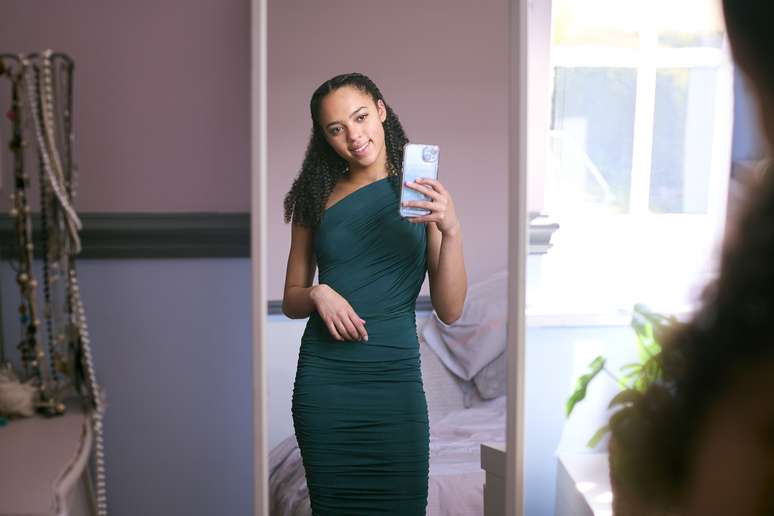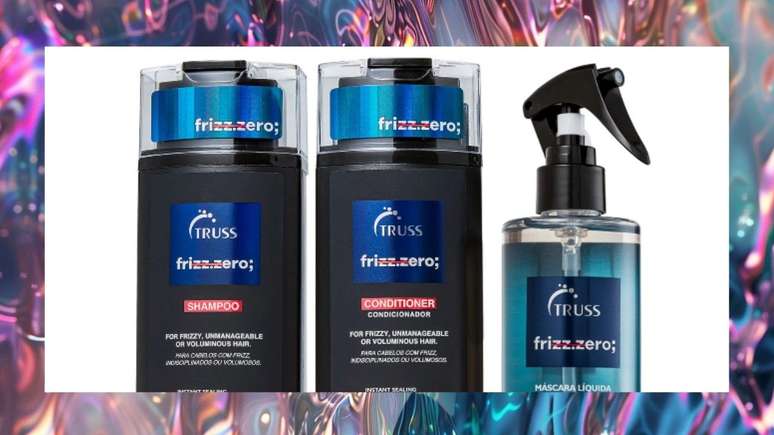The study confirms the impact of platforms on interest in aesthetic procedures
Social media has been instrumental in perpetuating the “selfie” culture, in which an individual takes and shares a photo of themselves. Globally, the use of these platforms is increasing, with at least 3.5 billion users estimated in 2019, and each adult spends approximately 6 hours a day on the Internet.
A particularly worrying consequence of the growing use of social media is the effect it has on body perception and self-esteem. The corner of selfiesfor example, it often distorts facial features in a way that leads to dissatisfaction.
Professionals in the field of plastic surgery denounce a phenomenon called, in the United States, “Snapchat dysmorphia”, in which patients seeking cosmetic procedures try to create versions of themselves as permissible using filters and other resources offered by the networks.
Increase after the pandemic
A new study by researchers at Boston University found that time spent on social media and use of photo-editing apps correlated with a person’s desire to undergo cosmetic procedures and likely led to an increase in visits to aesthetic studies during the Covid-19 pandemic.
They also found that people who follow celebrities and influencers, as well as those who interact with plastic surgeons, dermatologists or other professionals or clinics who display the results of cosmetic procedures on social media, significantly influence the desire to undergo cosmetic surgery .
The results were published in Journal of clinical and aesthetic dermatology.
“Although there has been an increase in aesthetic attention during the Covid pandemic, until now there has been no data highlighting a clear link, or factors that make patients more or less likely to participate in aesthetic treatments,” he explained Neelam Vashi, associate professor of dermatology and director of the Laser and Cosmetics Center at Boston University.
Desire to undergo cosmetic procedures
Researchers asked patients at a dermatology clinic to complete surveys about their use of social media and their desire to undergo cosmetic procedures.
After analyzing the responses, the authors found that the number of hours spent each day using Snapchat and/or Instagram made a significant difference in their belief that media or social networks had influenced their desire to undergo a cosmetic procedure.
Furthermore, a significant association was found between the use of photo editing applications and the idea of undergoing a surgical or non-surgical cosmetic procedure.
According to the authors, this study indicates that professionals should discuss with their patients about the use of social networks to better understand their desire to undergo aesthetic procedures.
For users, here is a suggestion to reflect more on the impact of the images we are exposed to every day on our self-esteem, and ask ourselves how much an aesthetic intervention can really make a difference to our well-being.
Source: Terra
Ben Stock is a lifestyle journalist and author at Gossipify. He writes about topics such as health, wellness, travel, food and home decor. He provides practical advice and inspiration to improve well-being, keeps readers up to date with latest lifestyle news and trends, known for his engaging writing style, in-depth analysis and unique perspectives.








